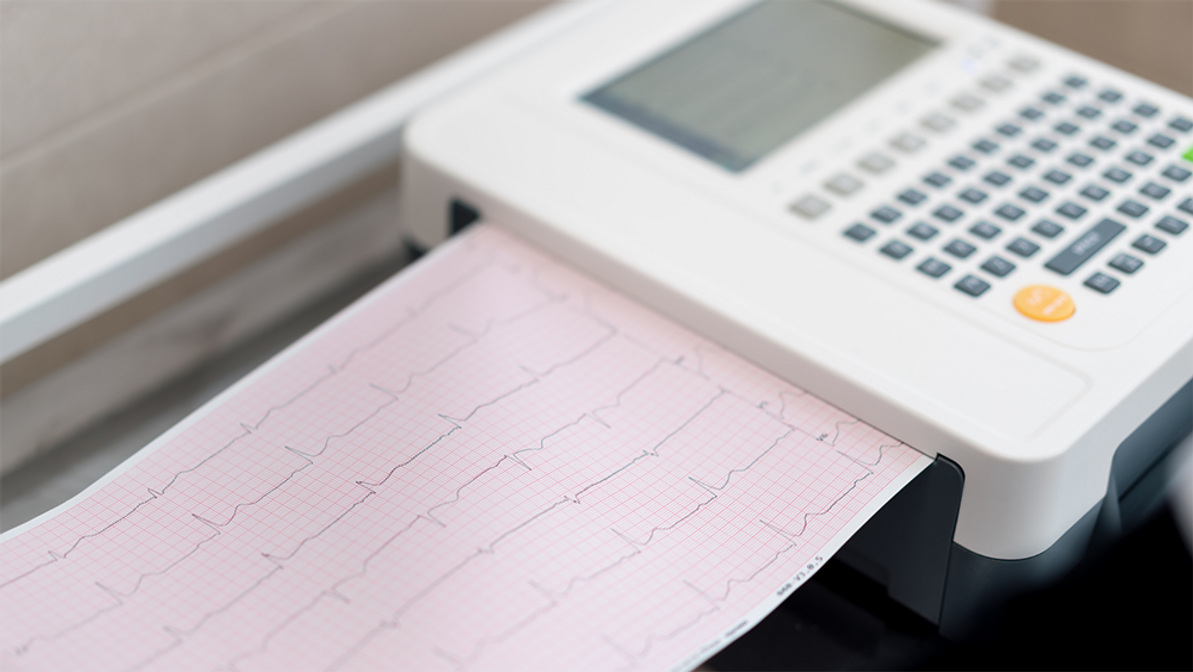Common Mistakes in ECG Interpretation and How to Avoid Them
Common Mistakes in ECG Interpretation and How to Avoid Them
Electrocardiogram (ECG) monitoring is a crucial diagnostic tool that provides insights into the heart’s electrical activity. Despite its significance, common mistakes made during ECG interpretation can lead to misdiagnosis and improper treatment. This blog explores these mistakes and offers guidance on how to avoid them.
What is the Primary Purpose of ECG Monitoring?
An ECG records electrical impulses to show:
- Heart Beat Rate: How fast the heart is beating.
- Heart Beat Rhythm: Whether the heartbeats are steady or irregular.
- Timing of Electrical Impulses: The timing of these impulses as they move through different parts of the heart.
Changes in an ECG can be indicative of various heart-related conditions such as arrhythmias, myocardial infarctions, and other cardiac anomalies.
Who Needs ECG Monitoring?
ECG monitoring is typically recommended for individuals experiencing:
- Heart Attack Symptoms: If a doctor suspects you are experiencing a heart attack.
- Coronary Heart Disease Symptoms:Those showing signs of coronary heart disease, such as chest pain or shortness of breath.
- Arrhythmias: When problems with the speed or regularity of heartbeats occur, ECGs help diagnose conditions like atrial fibrillation or bradycardia.
What Kind of Patients Need ECG?
Doctors may recommend ECGs for patients at risk of heart disease due to:
- Family history of heart disease
- Smoking habits
- Overweight or obesity
- Diabetes
- Hypertension or hypotension
- Other related conditions that put stress on the heart
Indications for ECG Monitoring
An ECG is often indicated when patients exhibit certain symptoms or signs, including:
- Symptoms:
- Palpitations
- Dizziness
- Cyanosis (bluish discoloration of the skin)
- Chest pain
- Syncope (fainting)
- Seizures
- Poisoning
- Signs Associated with Heart Disease:
- Tachycardia (fast heart rate)
- Bradycardia (slow heart rate)
- Hypothermia
- Heart murmurs
- Shock
- Hypotension (low blood pressure)
- Hypertension (high blood pressure)
Common Mistakes in ECG Interpretation
- Improper Electrode Placement
- Mistake: Incorrect placement of electrodes can result in false readings.
- Solution: Ensure electrodes are placed according to established guidelines. Regular training and the use of anatomical landmarks can help avoid this mistake.
- Misreading Baseline Artifacts
- Mistake: Misinterpreting baseline artifacts (such as patient movement or muscle tremors) as abnormal heart rhythms.
- Solution: Instruct patients to remain still during the ECG process. Always check for and account for potential movement-related artifacts before making a diagnosis.
- Ignoring Patient History
- Mistake: Failing to consider the patient’s medical history and symptoms.
- Solution: Always correlate ECG findings with the patient’s clinical presentation and medical history. This comprehensive approach ensures more accurate interpretations.
- Over-Reliance on Automated Readings
- Mistake: Relying solely on the automated interpretation provided by the ECG machine.
- Solution:Automate readings as a preliminary guide, but always perform a thorough manual review of the ECG tracings. Human expertise is crucial in differentiating nuances in ECG patterns.
- Misidentifying Normal Variants
- Mistake: Confusing normal variants with pathological conditions, such as early repolarization changes.
- Solution: Familiarize yourself with common normal variants and their distinguishing features. Continuous education and practice help recognize these variations accurately.
- Inadequate Calibration
- Mistake: Poor calibration of the ECG machine, leading to inaccurate measurements.
- Solution: Regularly calibrate ECG machines as per the manufacturer’s instructions. Routine maintenance checks are essential for reliable results.
By being aware of these common mistakes and implementing strategies to avoid them, healthcare professionals can significantly improve the accuracy and reliability of ECG interpretations. Accurate ECG interpretation plays a vital role in diagnosing and managing heart conditions, ultimately leading to better patient outcomes.
Visit our shop for comprehensive medical supplies to support ECG monitoring and other healthcare needs. Our expertise and extensive product range ensure you have the reliable tools necessary for accurate diagnostics and patient care.
Recent Posts
-
Blood Pressure Monitoring: Why Accuracy Matters
Of all the devices that sit on a counter or roll from room to room, blood pressure monitors are the …10th Dec 2025 -
Diabetes Awareness Month: Why Accurate Glucose Monitoring Matters
Diabetes Awareness Month: Why Accurate Glucose Monitoring Matters In the United States alone, approx …17th Nov 2025 -
Use Your Gourd, Wear A Helmet: Why Head Protection and Helmets Are Essential
When it comes to safety, protecting the head should always be a top priority. Our brains power every …9th Sep 2025




